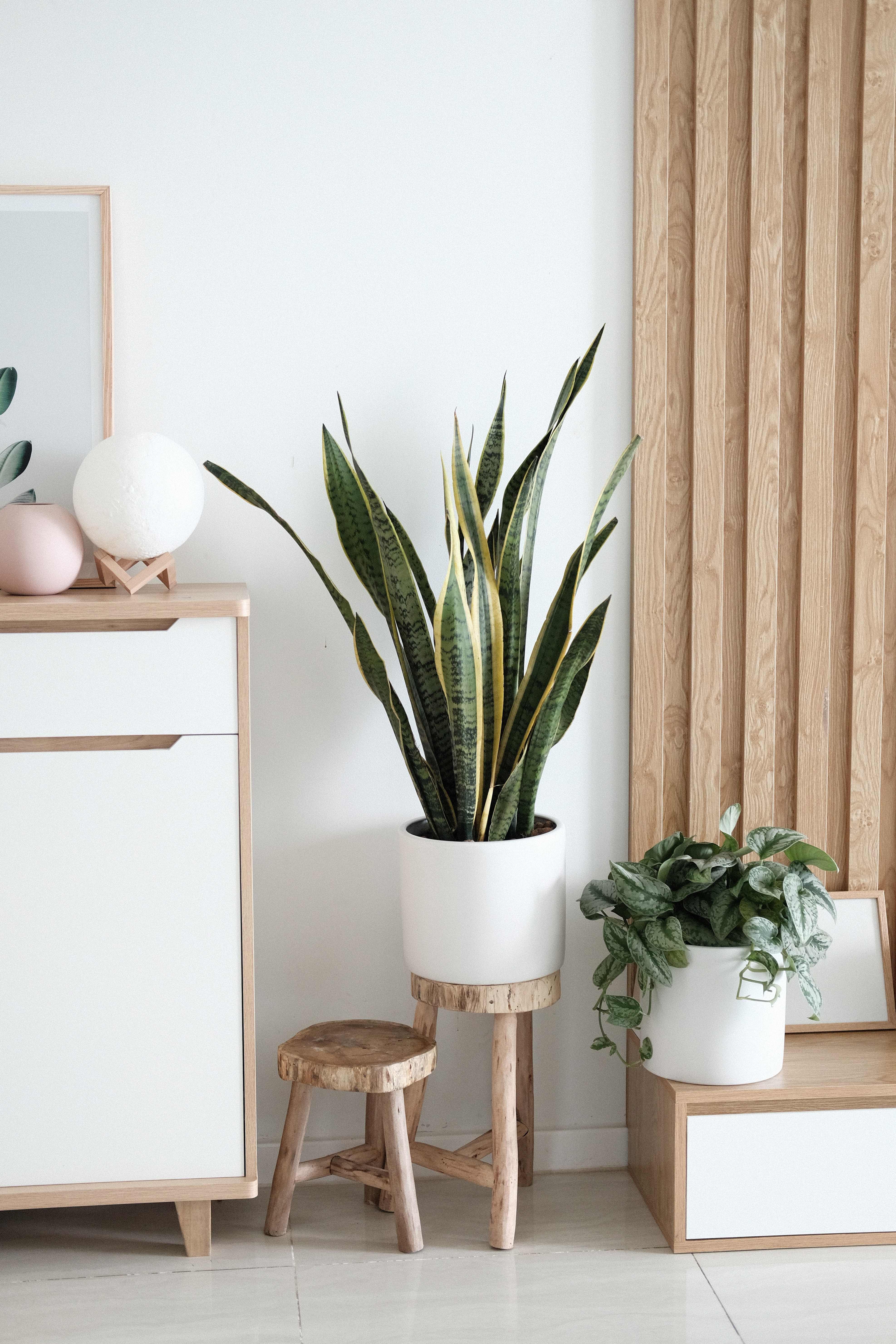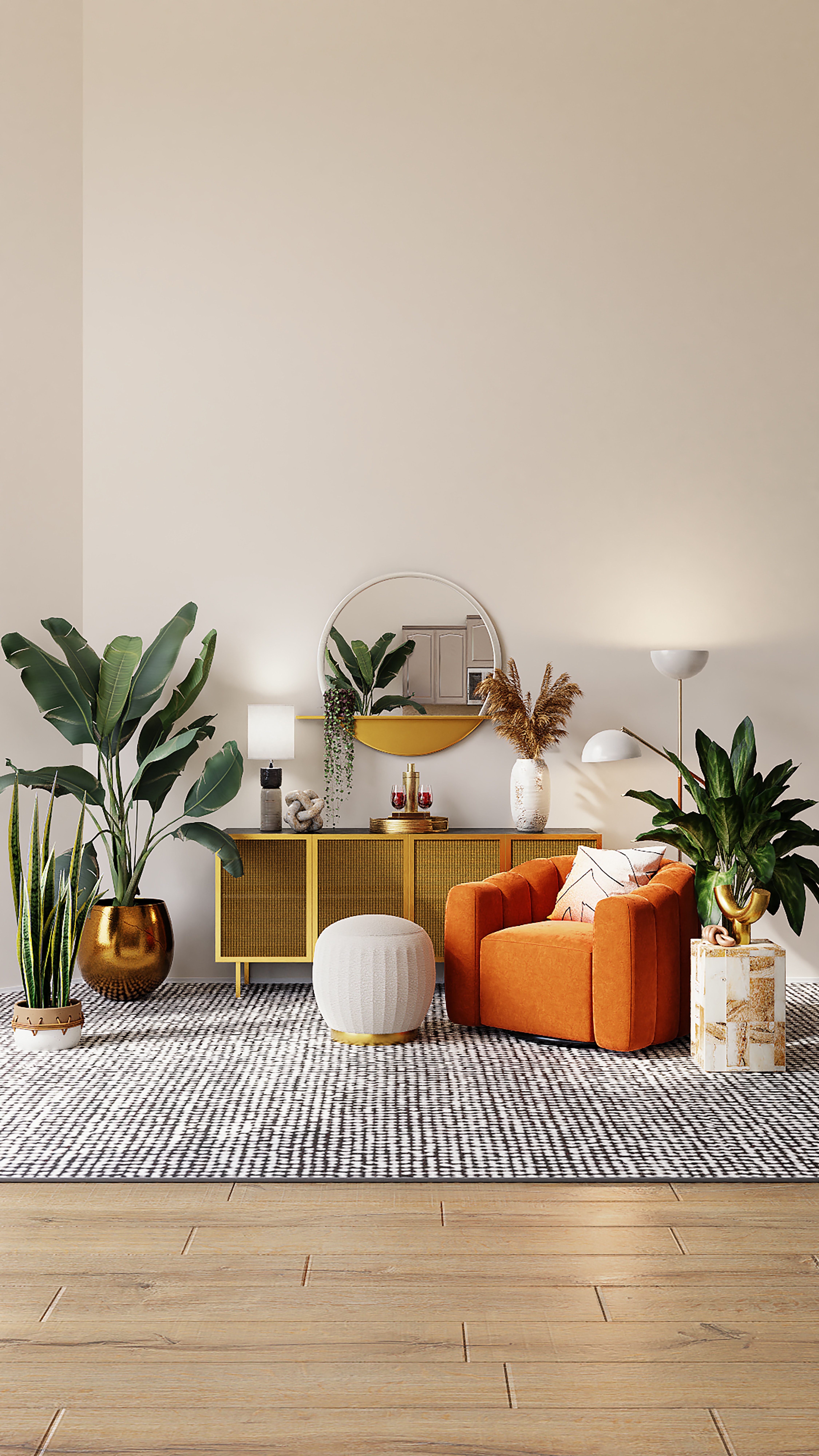- Home
- colon detox
- Benefits of Activated Charcoal
- Activated Charcoal for Plants
Activated Charcoal For Plants
Have You Heard About Adding Activated To Your Plants?

Activated charcoal has been gaining popularity in the world of gardening, as it provides a wide range of benefits to plants. In this article, we'll explore how activated charcoal is good for plants and how to apply it.
How Do Plants Detoxify The Air?
Plants can detoxify the air indoors through a process called phytoremediation. This is the ability of plants to remove pollutants from the air, soil or water, and convert them into harmless substances through natural biochemical processes. In the case of indoor air, plants can absorb harmful chemicals like formaldehyde, benzene, and carbon monoxide through tiny openings on their leaves called stomata, and then break them down into simpler compounds through a series of chemical reactions. The byproduct of this process is clean oxygen, which the plant releases back into the air. This is why having plants in your indoor spaces can help improve the air quality, making it healthier and more pleasant to breathe.
Benefits of Activated Charcoal for Plants
Absorbs Toxins: Activated charcoal has a unique ability to absorb toxins and impurities from the soil, air, and water, making it an effective natural filter for plants. By removing these harmful substances, activated charcoal can help to prevent plant damage and promote healthy growth.
Improves Soil Drainage: Activated charcoal can also improve soil drainage by helping to loosen compacted soil and reducing the risk of waterlogging. This allows for better root growth and nutrient absorption in plants.
Reduces Odor: In addition to its filtering properties, activated charcoal can also help to reduce odor in the soil and surrounding environment. This can be particularly useful in indoor gardening or composting, where odors can be a common issue.
Increases Nutrient Absorption: Activated charcoal can help to increase nutrient absorption in plants by reducing the effects of toxic substances in the soil. This allows plants to better utilize nutrients and grow more efficiently.

Plants Detoxify Your Indoor Air
Did you know that having indoor plants can actually help detoxify the air in your home or office? It's true! Plants are natural air purifiers, and they work by absorbing harmful pollutants from the air and converting them into clean oxygen. This not only makes the air you breathe healthier, but it can also boost your mood and overall well-being. So, if you're looking for a simple and natural way to improve the air quality in your indoor spaces, consider adding some leafy green friends to your decor. Your lungs (and your plants) will thank you!
How to Apply Activated Charcoal to Plants
Choose the Right Type: Activated charcoal comes in different forms, including powder, pellets, and granules. Choose the type that is most suitable for your needs and the size of your plant.
Mix into Soil: Add activated charcoal to soil mixtures when planting or transplanting, making sure to mix it thoroughly into the soil. The ratio of activated charcoal to soil will depend on the size of the plant, but a general rule of thumb is to use 1-2 tablespoons of activated charcoal per gallon of soil.
Top Dressing: For established plants, you can apply activated charcoal as a top dressing by sprinkling it on the soil surface around the plant and gently working it into the soil with a trowel or fork.
Watering: Activated charcoal can also be added to water when watering plants, as it will help to filter out any impurities in the water and prevent the build-up of harmful substances in the soil.
In conclusion, activated charcoal can be a useful addition to any gardener's toolkit, as it provides a range of benefits to plants and soil. However, it's important to use activated charcoal in moderation and follow the recommended application guidelines to ensure that it is used safely and effectively.
If you want tips on natural wellness, you can get them straight to your inbox.

Enter your email below and I’ll share new articles, reflections, and practical insights as they’re published.


